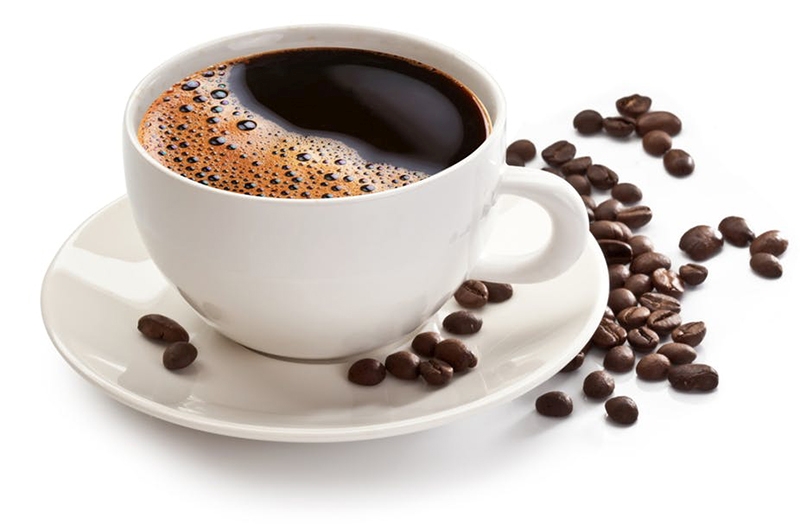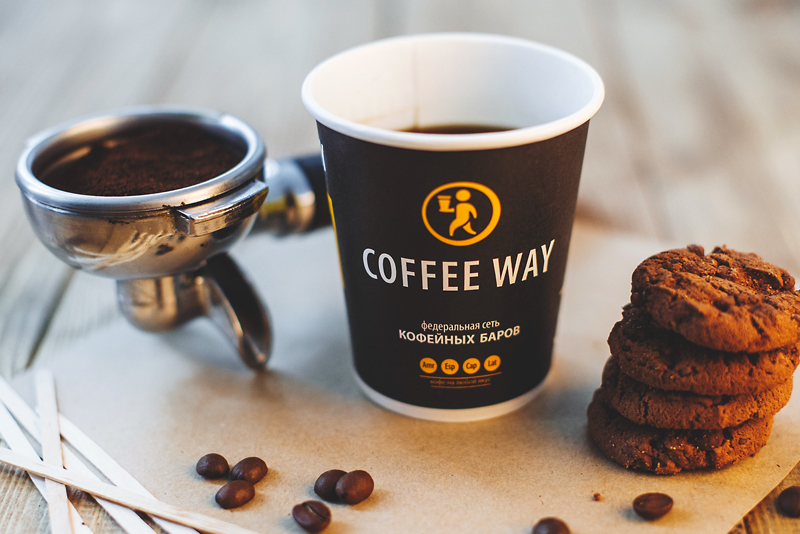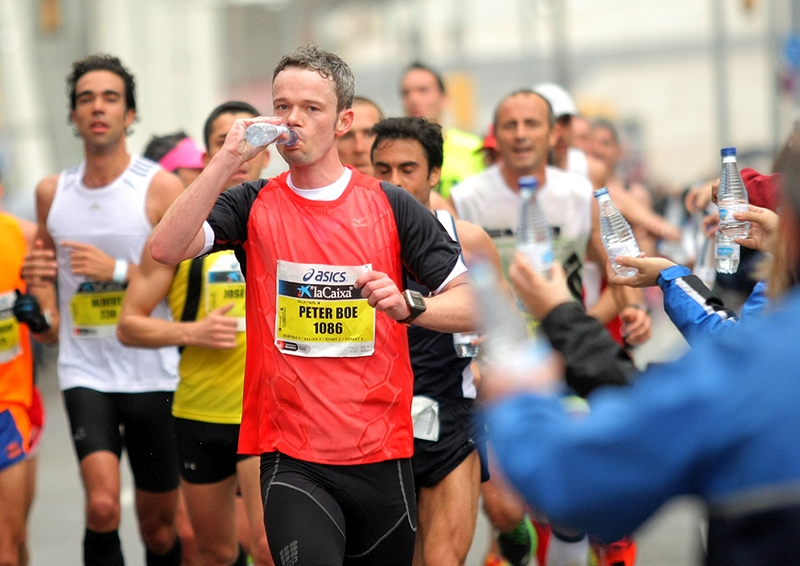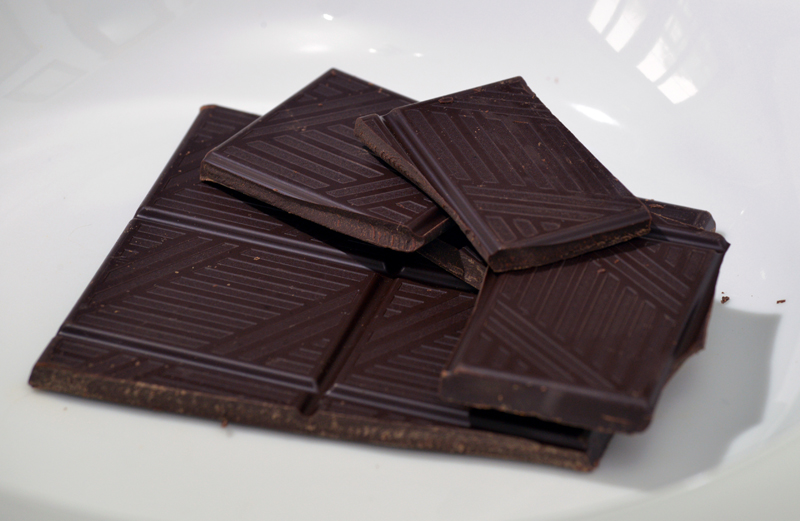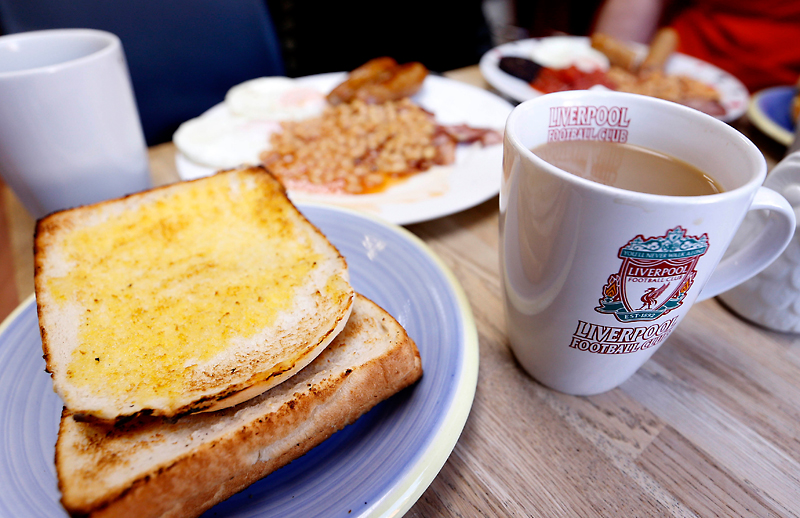You are viewing 1 of your 1 free articles. For unlimited access take a risk-free trial
Performance-enhancing sports drinks: time to brew up?

Originating from China around 2000 years ago, tea is the world’s most widely consumed beverage after water. It’s hardly surprising therefore that tea has been extensively studied for its health-giving properties. Much of the early speculation was based on purely anecdotal reports but recent research indicates that tea really does seem to provide health and potential performance benefits too.
All tea is made from the leaves of a plant called ‘Camellia Sinensis’, which is an evergreen, tropical plant with green, shiny pointed leaves that look quite similar to privet hedges seen in here in Britain. Although most of the tea consumed in the UK is black tea, there are actually two main types, depending on the manufacturing process used:
- Fermented or black tea, which undergoes a full post-harvest fermentation stage before drying and steaming. Black tea is what most people mean by ‘tea’.
- Non-fermented or green tea, produced by immediate drying and steaming the fresh leaves, which inactivates the fermenting enzymes.
Health benefits
A number of scientific studies have looked at the health and performance effects of compounds in tea called ‘catechins’. These compounds are powerful antioxidants, which are believed to help reduce the damage to cells in the body at the molecular level, thus protecting against a number of degenerative and metabolic diseases. Catechins are found in both green and black tea, although green tea is a richer source. This explains why many (though not all) of the studies into the health and performance benefits have used green tea.For example, research on humans suggests that 1-6 cups of green tea per day can reduce damage to cell walls and DNA, while animal studies show that green tea inhibits the formation of cancers of the skin, lung, mouth, esophagus, stomach, liver, kidney and prostate. Studies on black tea are also encouraging and suggest that regular black tea consumption can help(1):
- Reduce the risk of skin, ovarian and lung cancer
- Reduce the risk of rheumatoid arthritis
- Improve blood sugar metabolism, thereby reducing the risk of type II diabetes
- Improve aspects of metabolism associated with cardiovascular health, reducing the risk of stroke and heart attack
However, the most recent research continues to indicate that regular intake of green tea and/or green tea extracts provides an ‘anti-obesity’ effect, and that high intakes of green tea catechins CAN produce a modest increase in fat oxidation(2). Remember too that both black and green tea provide 20-50mgs of caffeine per cup; given that caffeine is now known to be one of the best ergogenic aids there is for enhancing endurance performance, it’s easy to understand why consuming green and/or black tea before and during exercise could be a wise move!
Using tea on the go
Much as you may be tempted, it’s simply not practical to stop and brew up in the middle of a long workout or race! The good news is that you can easily make your own tasty tea-based sport drink to both hydrate and energise on the move. Even better, it’s cheap and quick to make. Try this recipe:Ingredients
- 3 bags of your favourite tea blend (black or green)
- 500mls of water
- 500mls of apple/apple & mango/pineapple juice
- ¼ teaspoon of salt
Directions
- Place the 500mls of water into a small saucepan and bring to the boil
- Add the teabags and allow to simmer gently for 4 minutes
- After 4 minutes, remove the teabags and allow the tea to cool
- Once cool, pour the tea into a 1 litre container then add the salt and juice of your choice
- Shake well and place in the fridge to chill
- Pour into your drinks bottle(s) just before commencing your workout (you will have enough for 2 x 500ml bottles)
References
1. Curr Pharm Des. 2013 ; 19(34): 6141–6147; 2. J Nutr Biochem. 2016 Nov 2;43:1-10
Newsletter Sign Up
Testimonials
Dr. Alexandra Fandetti-Robin, Back & Body Chiropractic
Elspeth Cowell MSCh DpodM SRCh HCPC reg
William Hunter, Nuffield Health
Further reading
Newsletter Sign Up
Coaches Testimonials
Dr. Alexandra Fandetti-Robin, Back & Body Chiropractic
Elspeth Cowell MSCh DpodM SRCh HCPC reg
William Hunter, Nuffield Health
Keep up with latest sports science research and apply it to maximize performance
Today you have the chance to join a group of athletes, and sports coaches/trainers who all have something special in common...
They use the latest research to improve performance for themselves and their clients - both athletes and sports teams - with help from global specialists in the fields of sports science, sports medicine and sports psychology.
They do this by reading Sports Performance Bulletin, an easy-to-digest but serious-minded journal dedicated to high performance sports. SPB offers a wealth of information and insight into the latest research, in an easily-accessible and understood format, along with a wealth of practical recommendations.
*includes 3 coaching manuals
Get Inspired
All the latest techniques and approaches
Sports Performance Bulletin helps dedicated endurance athletes improve their performance. Sense-checking the latest sports science research, and sourcing evidence and case studies to support findings, Sports Performance Bulletin turns proven insights into easily digestible practical advice. Supporting athletes, coaches and professionals who wish to ensure their guidance and programmes are kept right up to date and based on credible science.


